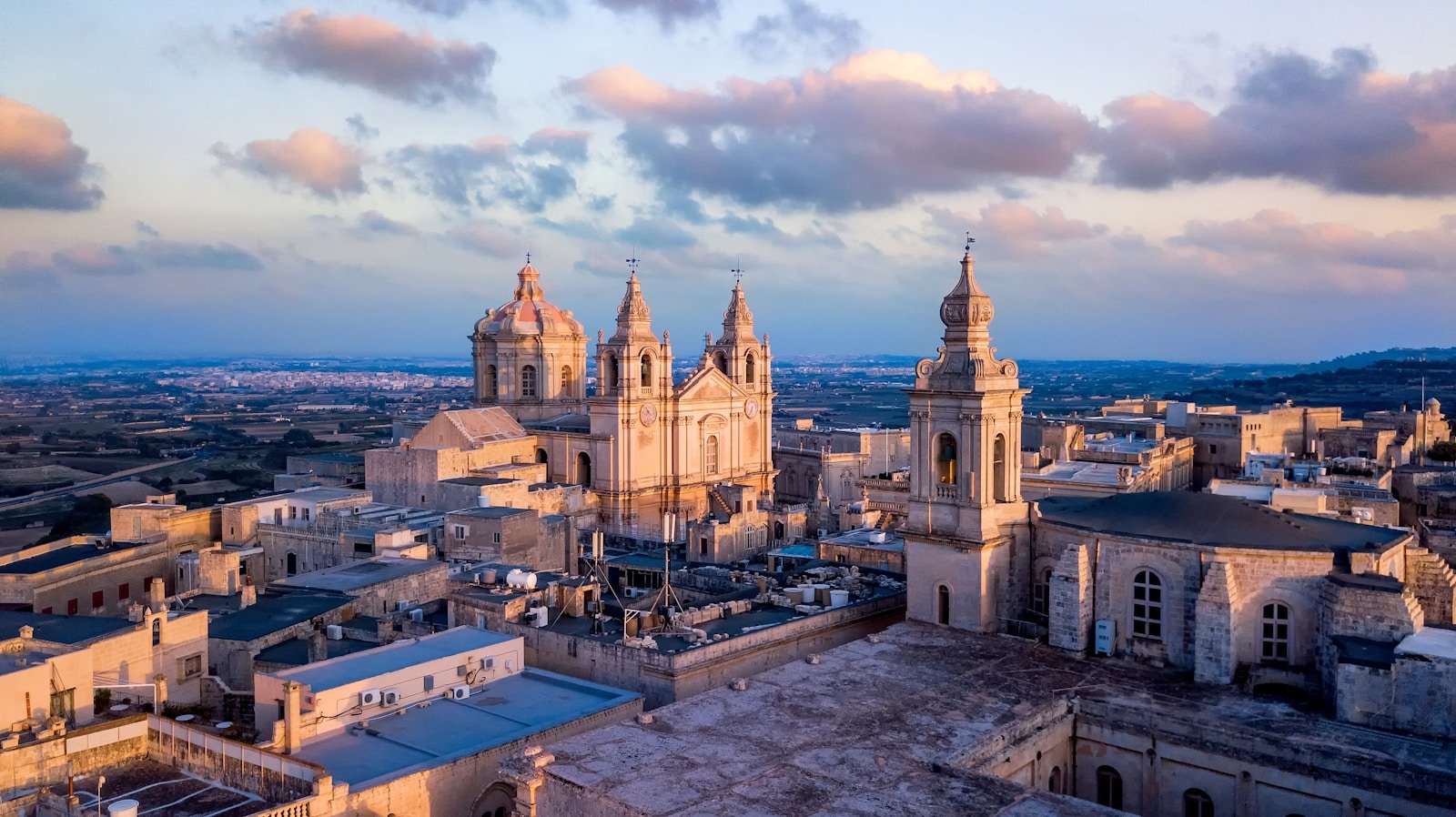- info@icaeducation.edu.np
- Sinamangal-9, Kathmandu, Nepal
- Mon _ Sat: 10:00 to 5:30
- Ph: 01-4534094
Study in Malta

Study in Malta
Study in Malta – Your Gateway to Europe and Beyond
Introduction to Malta
Malta is a small Mediterranean island nation known for its rich history, vibrant culture, and English-speaking environment. As an English-speaking country, Malta offers Nepali students a seamless transition into European education. It is also renowned for its attractive tuition fees, low cost of living, and high-quality education system. Malta is an ideal destination for students seeking a mix of world-class education, cultural diversity, and a beautiful coastal environment.
Why Study in Malta?
1. High-Quality Education
Malta offers a wide range of undergraduate and postgraduate programs, particularly in areas like Business, Technology, Engineering, and Tourism. Its education system follows the European framework, ensuring that degrees are internationally recognized. Institutions like the University of Malta and various private colleges are renowned for their academic excellence.
2. English-Taught Programs
English is one of the official languages of Malta, making it a great choice for Nepali students. Almost all universities offer programs taught in English, which makes it easier for international students to adjust and excel in their studies.
3. Affordable Tuition Fees
Compared to other European study destinations, tuition fees in Malta are relatively low. Public universities charge between EUR 1,000 to 3,000 annually for international students, while private institutions may have slightly higher fees. This makes Malta an affordable choice for students who want to pursue high-quality education at a reasonable cost.
4. Cultural Experience
Studying in Malta allows you to experience a blend of Mediterranean cultures, with influences from Italy, North Africa, and the UK. The country’s history, scenic landscapes, and vibrant local communities provide students with a rich cultural experience. It’s also a hub for students from across Europe, giving you the chance to interact with diverse peers.
5. Strategic Location in Europe
Malta is strategically located in the heart of the Mediterranean, making it a gateway to other European countries. Its close proximity to Italy, Greece, and North Africa makes it easy for students to travel across Europe and beyond, both for leisure and academic collaborations.
How to Apply to Study in Malta
Step 1: Choose Your Program
Research the programs offered by Maltese universities and select one that aligns with your career aspirations. Popular fields include Business, IT, Engineering, and Hospitality.
Step 2: Prepare Your Documents
Common documents required for admission include:
- Academic transcripts
- IELTS or TOEFL score (for proof of English proficiency)
- Personal statement or motivation letter
- Recommendation letters
- Copy of passport and application form
Step 3: Submit Your Application
Most universities in Malta offer online applications. Ensure that you meet the deadlines and provide all the necessary documentation.
Step 4: Obtain a Student Visa
Once accepted, you will need to apply for a student visa (if required). The process typically includes:
- A valid acceptance letter from a recognized university
- Proof of sufficient financial resources to cover your tuition fees and living expenses (approximately EUR 7,000 – 10,000 per year)
- Health insurance
- Accommodation details
- Passport with at least 6 months of validity
Living in Malta
Cost of Living
Malta is known for its relatively low living costs compared to other European countries. On average, students can expect to spend around EUR 600 – 800 per month, depending on their lifestyle. The cost of accommodation varies, but renting a flat or sharing accommodation is affordable, with monthly rent typically ranging from EUR 300 to 600.
Accommodation Options
Students can choose between university dormitories, private flats, or shared apartments. University accommodation is limited, so it’s advisable to secure housing early. Many students also opt for shared flats, which is a cost-effective option.Work Opportunities
EU/EEA nationals do not require a work permit, but non-EU students (like those from Nepal) are allowed to work part-time during the academic year (20 hours per week) and full-time during breaks. This provides students with an opportunity to gain work experience while covering some living expenses.
Frequently Asked Questions (FAQs)
Academic FAQs
- Popular programs?
→ Hospitality, Business, IT, Health Sciences. - Language?
→ English is the main language of instruction.
Financial FAQs
- Tuition & Living?
→ Tuition: -2,500-12,000/year; Living: -700-1,000/month. - Work options?
→ Up to 20 hours/week after 90 days.
Visa Questions
- Visa type?
→ Long-Stay Visa (D Visa). - Financial proof?
→ 750/month plus tuition.
Lifestyle
- Stay after graduation?
→ Possible with residence permit extension. - Student life?
→ Small, friendly, Mediterranean culture.
